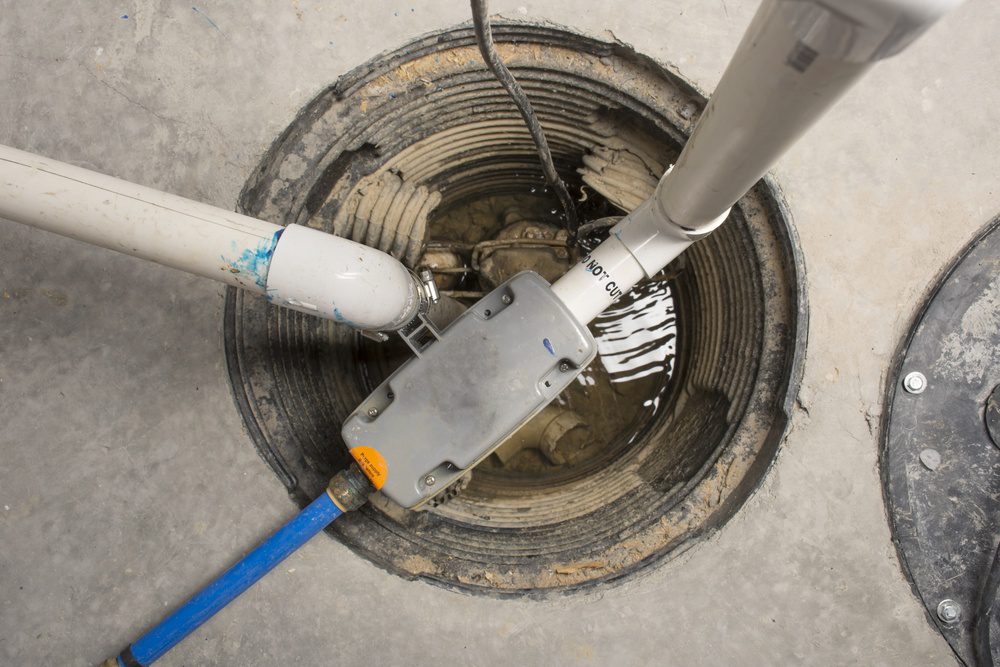High-Quality Water Filtration Systems: Guaranteeing Tidy and Pure Consuming Alcohol Water
High-Quality Water Filtration Systems: Guaranteeing Tidy and Pure Consuming Alcohol Water
Blog Article
Understanding the Secret Components of Effective Water Purification Systems

Relevance of Water Filtration Systems
Water filtering systems play a crucial duty in guaranteeing access to safe and clean drinking water by efficiently getting rid of pollutants and pollutants. These systems are important in addressing the growing issues over water top quality and the prospective health and wellness risks connected with eating polluted water. By making use of different filtering devices such as reverse osmosis, triggered carbon, and UV sanitation, water filtering systems can effectively get rid of damaging materials like bacteria, infections, hefty metals, and chemicals from the water.
In addition, water filtration systems help to boost the preference and smell of water by removing chlorine, sediments, and other contaminants that can affect its top quality. Well Pump Replacement. This enhancement in water top quality not only makes it much more tasty however additionally encourages people to drink a sufficient amount of water daily, advertising better hydration and general health and wellness
Kinds of Purification Components

Physical filters are created to physically strain out pollutants from the water. These filters can be made of products like ceramic, carbon, or perhaps sand, and they work by trapping fragments larger than the filter's pores as water passes through.
Chemical filters make use of numerous chemical processes to get rid of contaminants from the water. Examples include triggered carbon filters, which adsorb impurities, and turn around osmosis membrane layers, which make use of pressure to different impurities from the water.
Biological filters make use of living organisms like bacteria or algae to break down natural matter and contaminants in the water. These filters are often utilized in wastewater therapy plants or all-natural water purification systems.
Recognizing the different sorts of purification components is critical for selecting one of the most ideal water filtration system for certain purification requirements.
Function of Sediment Filters
Debris filters play a crucial duty in water filtration systems by effectively recording strong bits suspended in the water. These filters are usually the initial line of more info here protection in a filtering system, eliminating larger fragments such as sand, silt, dust, and rust prior to the water relocates with finer filtration stages. By capturing these debris, the filters prevent them from getting to downstream components, therefore prolonging the life expectancy and performance of the whole system.
The function of sediment filters is important in keeping water high quality and securing delicate devices from damage triggered by particles. Additionally, by eliminating visible bits, debris filters enhance the clearness and taste of the water. Frequently changing or cleaning up debris filters is crucial to ensure ideal performance. Disregarding this maintenance can result in obstructing, lowered water flow, and endangered purification performance. Overall, debris filters are essential parts that contribute considerably to the effectiveness of water filtration systems.
Role of Turned On Carbon Filters
Playing a vital duty in water filtering systems, turned on carbon filters contribute in eliminating contaminations and impurities from the water. These filters internet are created to adsorb and trap a vast array of pollutants, consisting of chlorine, volatile natural compounds (VOCs), pesticides, and herbicides. The turned on carbon material has a big surface, enabling the reliable trapping of impurities through a process called adsorption. As water goes through the filter, the turned on carbon brings in and holds onto the impurities, making certain that the water that comes out beyond is cleaner and safer for usage.
Turned on carbon filters are very reliable at enhancing the preference and smell of water by reducing chemicals that can impact its high quality. Due to their convenience and reliability, triggered carbon filters are a vital element in making certain that water is detoxified to the greatest standards before getting to consumers.
Comprehending Reverse Osmosis Equipments
Reverse osmosis systems are advanced water purification systems that utilize an innovative process to get rid of impurities and pollutants from drinking water. These systems function by applying pressure to the water, forcing it through a semi-permeable membrane layer. This membrane layer acts as an obstacle, allowing just distilled water molecules to go through, while obstructing larger particles such as minerals, chemicals, and other pollutants. As a result, the water home that appears on the other side is substantially cleaner and safer for intake.
One secret benefit of reverse osmosis systems is their capacity to eliminate a vast array of pollutants, consisting of hefty steels, liquified germs, infections, and solids. This makes them extremely effective in boosting the total quality and safety of alcohol consumption water. Additionally, reverse osmosis systems are reasonably low-maintenance and can be installed under the sink or in a central filtering system, offering practical access to clean water throughout the home. Overall, recognizing just how reverse osmosis systems work can aid individuals make educated decisions about their water filtering requirements.
Conclusion
In final thought, effective water purification systems are important for guaranteeing secure and tidy drinking water. By recognizing the feature and role of each component, individuals can make enlightened choices when picking a water filtering system.
Water filtration systems play a critical function in ensuring access to safe and clean alcohol consumption water by properly getting rid of pollutants and impurities. By making use of different filtration systems such as reverse osmosis, triggered carbon, and UV sanitation, water filtration systems can successfully get rid of unsafe compounds like microorganisms, viruses, heavy metals, and chemicals from the water supply.
Debris filters play an important role in water purification systems by efficiently catching solid fragments suspended in the water (Well Pump Replacement).Playing a critical function in water filtration systems, triggered carbon filters are instrumental in eliminating pollutants and pollutants from the water supply.Reverse osmosis systems are innovative water filtration systems that use an advanced procedure to eliminate impurities and impurities from drinking water
Report this page